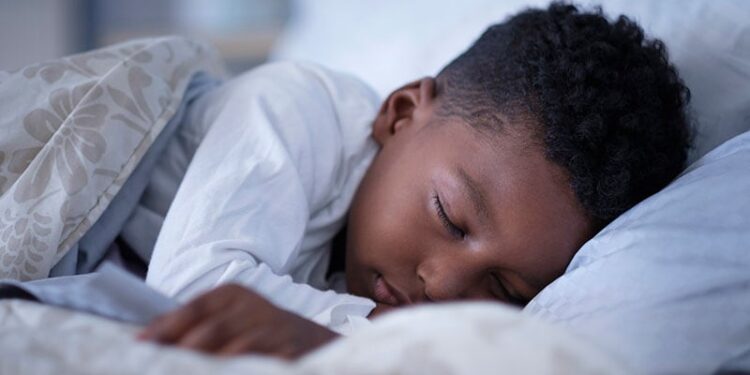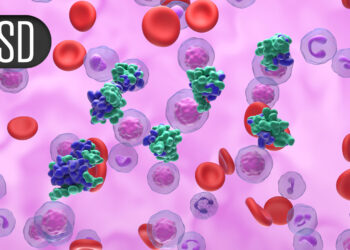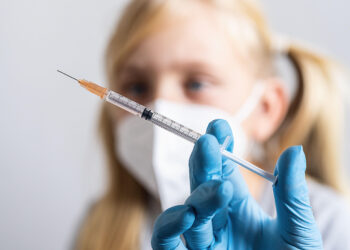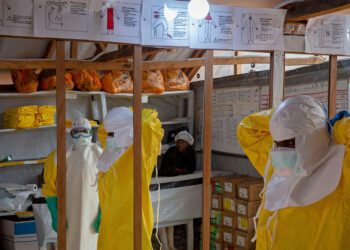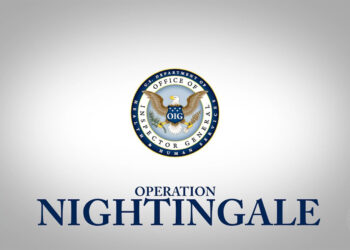TOPLINE:
Kids and teens sleeping longer, even as little as an hour more, during the first week after a concussion were more likely to have worse cognitive and somatic symptoms. Sleeping longer was also linked to persistent symptoms and slower recovery.
METHODOLOGY:
- Researchers used data from a randomized clinical trial that took place across three emergency pediatric departments in Ontario, Canada, over a 2-year period beginning in March 2017.
- The study included 291 kids and teens between the ages of 10 and 18 years (median age, 13.2 years; 44% female) who received treatment for a concussion within 48 hours of injury.
- Each patient wore an accelerometer on their waist 24 hours a day for 2 weeks and completed sleep logs to monitor sleep patterns.
- Symptoms were tracked using the Health and Behavior Inventory (HBI), a questionnaire that measures cognitive and somatic symptoms at 1 , 2 , and 4 weeks following their concussion.
- Symptom change was measured using conservative (z score ≥ 1.65) and liberal (z score ≥ 1.28) cutoffs; estimates were measured in HBI units.
TAKEAWAY:
- Kids and teens who slept 10.5 vs 9.5 hours per night during the first week after a concussion had higher symptom scores at 1 week (estimate, 1.3; 95% CI, 0.25-2.28).
- Longer sleep duration was linked to higher odds of persisting symptoms at 4 weeks (conservative: odds ratio [OR], 1.73; 95% CI, 0.91-3.26; liberal: OR, 1.93; 95% CI, 1.07-3.47).
- Teens who slept 10.9 vs 9.9 hours were more likely to have increased symptoms at 4 weeks (estimate, 2.2; 95% CI, 0.85-3.47).
IN PRACTICE:
“Long sleep duration may be associated with increased odds of being reliably symptomatic at 4 weeks, therefore a greater risk of PSAC [persisting symptoms after a concussion],” the study authors wrote. “Clinicians should monitor youths’ sleep after concussion.”
SOURCE:
This study was led by Lauren Butterfield, MSc, of the Children’s Hospital of Eastern Ontario Research Institute in Ottawa, Canada. It was published online on June 18 in JAMA Network Open.
LIMITATIONS:
The HBI used for symptom assessment is not validated for youths older than 16.99 years, and 16 participants were older than 17 years. Recruitment from three Canadian pediatric emergency departments may have introduced sampling bias.
DISCLOSURES:
Various study authors reported receiving stipend support, research grants, and travel awards from the Children’s Hospital of Eastern Ontario Research Institute, the Canadian Institutes of Health Research, and the Canadian Concussion Network, among others.
This article was created using several editorial tools, including AI, as part of the process. Human editors reviewed this content before publication.
Source link : https://www.medscape.com/viewarticle/teens-oversleeping-after-concussion-may-have-slower-worse-2025a1000hm0?src=rss
Author :
Publish date : 2025-07-02 12:06:00
Copyright for syndicated content belongs to the linked Source.

